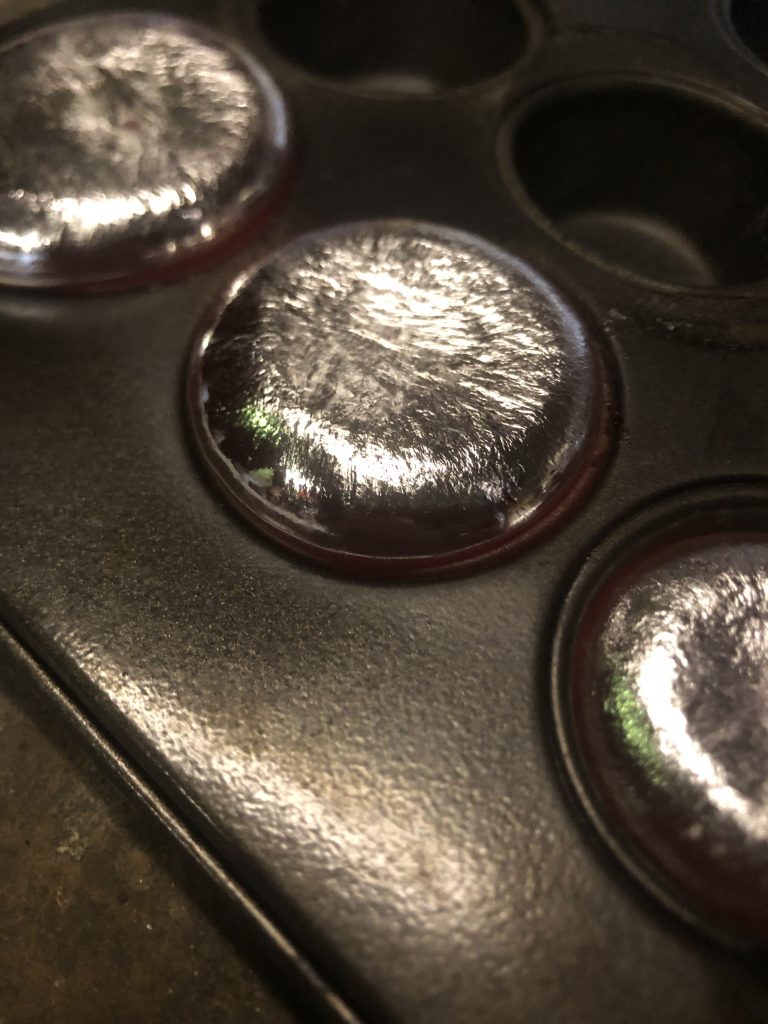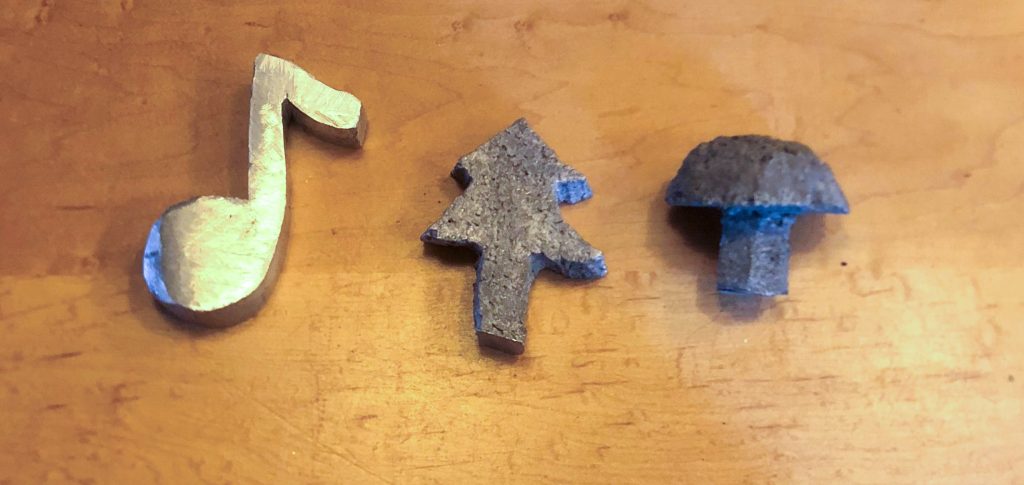Relegated to studying from his family’s home in rural Ontario hasn’t stopped second-year Manufacturing student Aidan Mundle from getting a hands-on learning experience. Inspired his MANF 230, Manufacturing Engineering Laboratory course, Mundle has built his own backyard foundry.
The mini-foundry, created from refractory cement made of plaster of Paris and sand along with charcoal as a fuel source, managed to liquefy aluminum and form ingots (blocks of pure metal). The foundry is able to melt other low melting point metals into various shapes and objects with the lump charcoal and air supplied by a hair dryer.

The set-up is a bit DIY, but definitely encompasses most of the required concepts to undertake casting process.
“Obviously if we were on campus, I would be able to explore the metal casting process more closely using the industry-grade foundry or the machine shop but this is definitely the next best thing,” says Mundle.
The backyard foundry has thus far been able to melt aluminum at 660-degrees Celcius.
“Engineering is all about hands-on learning, and being stuck at home has its drawbacks, so I was looking for a way to expand upon what I’ve been learning in lecture.“
The backyard foundry hasn’t gone unnoticed. Mundle shared his project and findings with Manufacturing Lecturer Hassan Iqbal (who teaches MANF 230), who was quite impressed with the results.
“Aidan is a gifted student, and to see him take these concepts and run with it is inspiring for me as an instructor,” says Iqbal.
This shared inspiration has led to Iqbal working with Mundle to develop the small foundry with upgrades to the pit furnace, burner and air blower. Iqbal says Mundle will be able to analyze the set-up’s success through foundry simulation software to verify the casting.

According to Mundle, this is just the beginning. “I’m excited to continue experimenting with the foundry, and trying some bulk deformation processes by heating up metals and forging them.”
MANF 230 is one of the first courses that students in the Manufacturing Engineering program take upon selecting this discipline. The course explores the theory, operational constraints, and problem solving related to manufacturing processes. In the process, the students learn about casting, bulk deformation, sheet metal, polymer and composite processing, machining, and joining processes.